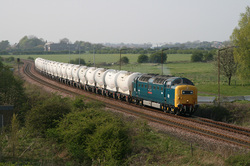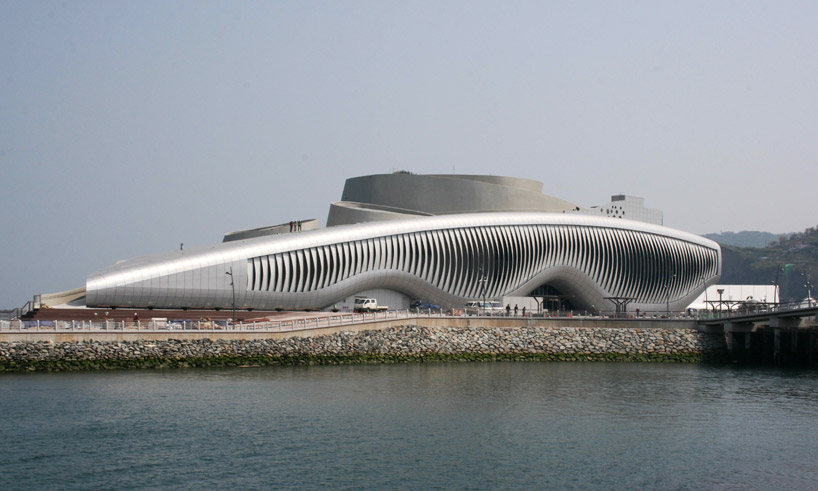pans, to be melted down to make duralumin for Spitfires.
Cut to now. Despite the emergence of carbon fibre composites, which don't use any metal at all, aluminium alloys are still the main material used to make military aircraft and a lot more useful military hardware. Despite the loss of Britain's industrial base, of which the
collapse in aluminium production is only one aspect, Britain is the second most belligerent power in the western world, after America. Not only have we lost a great deal of capacity, most of what we have is foreign owned. Steel manufacture, for instance is owned by the Indian Tata group. Surely at some point there will be a clash between our propensity to intervene militarily in sensitive parts of the world and our lack of control of material resources? In previous wars, access to supplies and raw materials has often been crucial. There used to be a concept known as “strategically important industries”, meaning precisely those industries that are needed to wage war. That has gone by the board and it is hard to see how a supposedly sovereign nation can fight wars in parts of the world where clashes of economic and political interest occur. Indeed, it is hard to see how a nation can retain the coherent sovereignty necessary to wage war as a state if its industries are mostly foreign owned. If such interlocked global financial interests prevented war, that would be fine. But so far there is no evidence that they will.
Of course, one can object that you can’t melt down saucepans to make a Eurofighter, that the Eurofighter is only part made in the UK, that the West’s supply of aluminium is not threatened and we can buy the refined metal perfectly easily on world markets (though there is of course the balance of payments problem). And the Arab oil weapon hasn’t prevented many western interventions in that region. But there are problems in the supply of strategic materials looming. The most obvious is the Chinese monopoly of rare earth elements, vital ingredients for all electronics. What happens if Taiwan becomes a flashpoint and China bans the export of rare earths? And to go back to aluminium: the largest producer is now Russia, a country that always seems to oppose western actions.




 RSS Feed
RSS Feed
